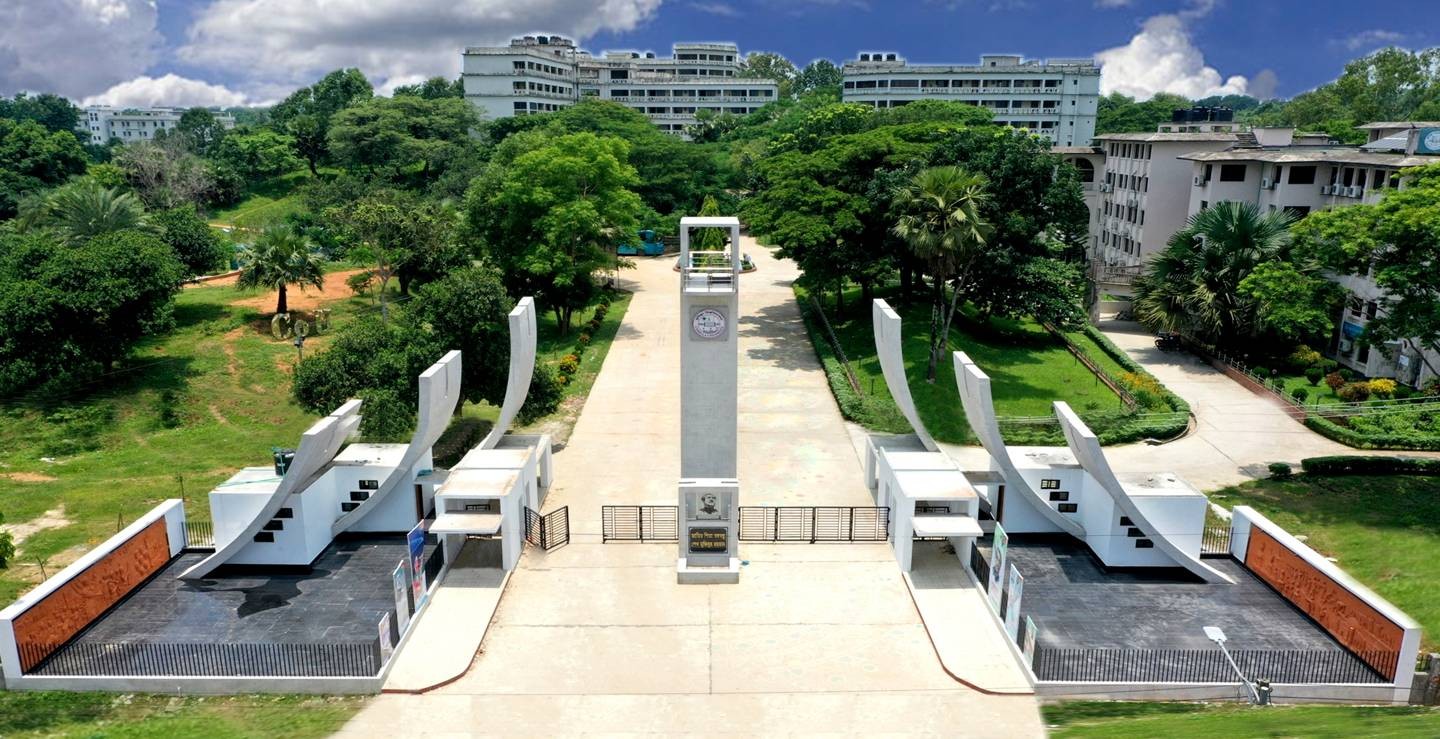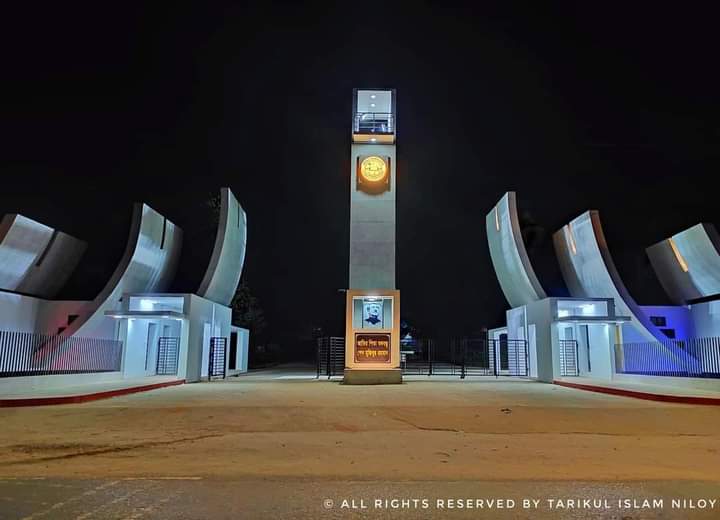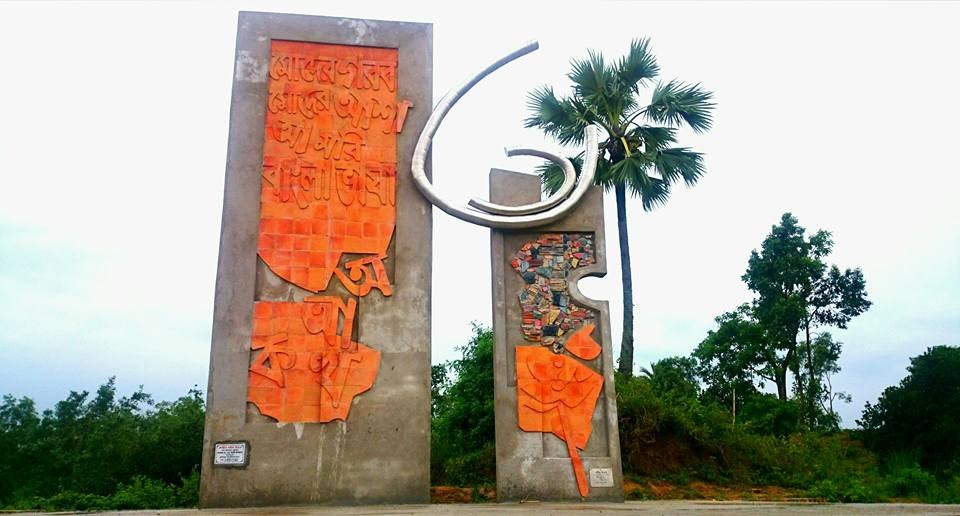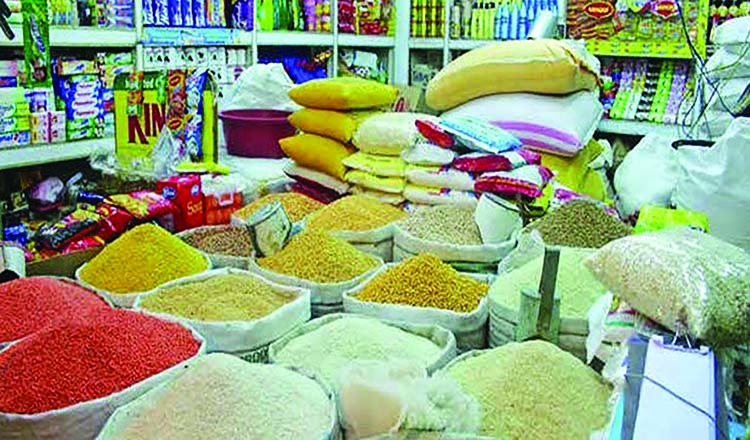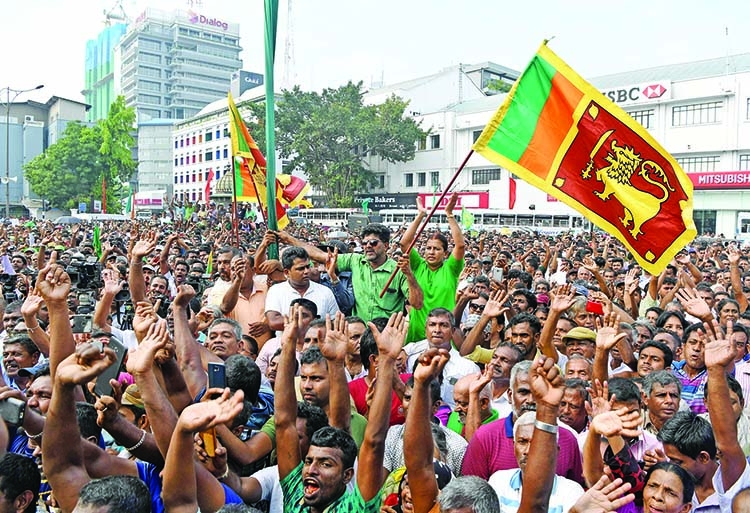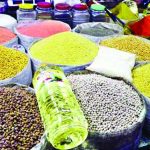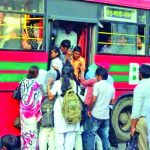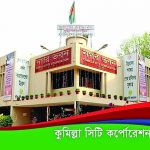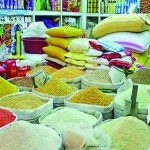By Tasnim Tabara Madhurza
Bangladesh is currently fighting with a significant inflation crisis that has profound implications for its economy and the daily lives of its residents. As of October 2024, the annual inflation rate surged to 10.87%, marking a sharp increase from previous months and reflecting ongoing challenges in managing rising prices. This inflationary pressure is particularly pronounced in food prices, which have consistently overtake overall inflation, leading to a cost-of-living crisis that affects both urban and rural populations.The roots of inflation can be traced to several interrelated factors. Global economic conditions, including rising food and fuel prices, have played a critical role in driving up costs domestically. Moreover,the depreciation of the Bangladeshi ‘taka’ against major currencies has compound the situation by increasing the cost of imports, further screening household budgets. Records indicate that food inflation alone has reached alarming levels, with evaluates suggesting it may be as high as 15% for low-income households.
The impact of inflation is felt most sharply by those on fixed incomes and low-wage earners, whose purchasing power has significantly diminished. Many families are forced to make difficult choices regarding their spending, often sacrificing nutritional quality in their regular life diets as they seek to manage their expenses. The Bangladesh Bureau of Statistics has reported that inflation has remained above 9% for over 14 consecutive months, indicating a persistent trend that shows little sign of abating.The ongoing cost-of-living crisis threatens to exacerbate existing inequalities, pushing more people into poverty and undermining social stability. Without decisive action to address both the causes and consequences of inflation, Bangladesh risks facing prolonged economic hardship that could hinder its development goals and overall prosperity. Bangladesh is currently experiencing a significant inflation crisis.This ongoing inflation, particularly in food prices, has led to a serious cost-of-living crisis that impacts millions of families throughout the country. Inflation in rural Bangladesh has become a pressing issue, significantly affecting the purchasing power and overall well-being of residents. Despite being major producers of staple foods like rice, vegetables, and poultry, rural communities are experiencing higher inflation rates compared to their urban counterparts. This phenomenon raises questions about the economic dynamics at play and the implications for rural livelihoods.
Low- and middle-income households are especially affected, finding it increasingly difficult to satisfy their living standards as prices continue to rise. Inflation in Bangladesh has remained in double digits for over a year, with food inflation peaking at 14.10% in July 2024. This situation is driven by various factors, including global price hikes, local supply chain issues and a weakening currency. Therefore, essential goods have become much more expensive for many people. Basic items like rice, lentils and cooking oil have seen substantial price increases, forcing families to make significant adjustments to their consumption habits. According to the Bangladesh Bureau of Statistics (BBS), that inflation was at 9.89% in May 2024, with food prices having a notable effect on daily life. The gap between wage increases and inflation rates has grown; while wages rose by only 7.85%, inflation surpassed 9%, diminishing purchasing power and pushing numerous households into financial hardship.The effects of inflation are visible in daily routines. Many families are forced to reduce their consumption of essential items and face difficult decisions regarding their daily life consumption.A survey by the South Asian Network on Economic Modeling (SANEM) found that nearly 70% of households have altered their eating habits due to rising food costs. This means cutting back on protein-rich foods or choosing cheaper, less nutritious alternatives.For instance, Fatima, a low-wage worker, recounted how she now avoids buying expensive fish or meat that were once common in her meals.
In addition, the financial burden extends beyond food; increasing housing and education costs are also effects family finances. This situation has led some families to borrow money just to survive.As inflation continues to minimize real wages and savings, many families find themselves caught in a cycle of poverty. The purchasing power of the average Bangladeshi has significantly decreased; what cost Tk 100 last year now costs Tk 109.89 this year due to inflation. Economists suggest that monetary policy alone cannot resolve this complex crisisThe long-term effects of sustained high inflation could be severe for both Bangladesh’s economy and its citizens.
Inflation in rural Bangladesh has become a pressing issue, significantly affecting the purchasing power and overall well-being of residents.This phenomenon raises questions about the economic dynamics at play and the implications for rural livelihoods.Recent reports indicate that inflation in rural areas has consistently outpaced urban inflation. For instance, in November 2024, overall prices in rural regions rose by 9.62%, exceeding the national average of 9.49% and urban inflation, which stood at 9.16%. Food inflation in these areas was recorded at 10.86%, compared to 10.58% in urban settings. This discrepancy highlights a troubling trend where rural residents, despite being food producers, face higher costs for both food and non-food items.
Government measures aimed at controlling inflation have largely been ineffective. Despite efforts to stabilize prices through monetary policy adjustments and import controls, these initiatives have not yielded the desired results.A comprehensive approach involving fiscal policy changes and market management strategies is necessary for effective price stabilization.Economists argue that a more integrated approach is necessary one that combines monetary policy with effective market management and revenue policy reforms.
In conclusion, Bangladesh’s struggle with inflation underscores significant challenges faced by its citizens as they navigate an increasingly difficult economic environment marked by rising prices and stagnant wages. The government’s current strategies have proven insufficient to ease everyday burdens; thus, comprehensive solutions are urgently needed to tackle both immediate issues and deeper structural problems within the economy. Without effective intervention, the cost-of-living crisis is likely to worsen, further increasing inequality and hardship across the nation.
The Writer is a Member of Social Research Group (SRG) and an undergraduate Student of Public Administration, Comilla University. This is a work in progress.

